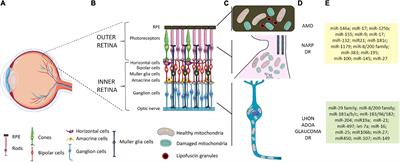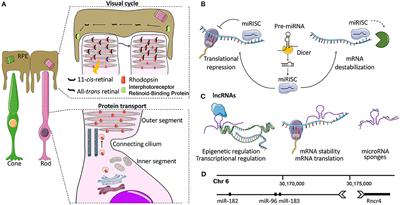EDITORIAL
Published on 29 Jul 2021
Editorial: With the Eyes on Non-coding RNAs
doi 10.3389/fcell.2021.737703
- 992 views
18k
Total downloads
61k
Total views and downloads
EDITORIAL
Published on 29 Jul 2021
MINI REVIEW
Published on 18 Jun 2021

ORIGINAL RESEARCH
Published on 08 Apr 2021

ORIGINAL RESEARCH
Published on 16 Feb 2021

ORIGINAL RESEARCH
Published on 26 Jan 2021

REVIEW
Published on 21 Jan 2021

REVIEW
Published on 18 Jan 2021

MINI REVIEW
Published on 18 Jan 2021

REVIEW
Published on 15 Jan 2021

ORIGINAL RESEARCH
Published on 23 Dec 2020

ORIGINAL RESEARCH
Published on 06 Nov 2020

MINI REVIEW
Published on 20 Aug 2020
